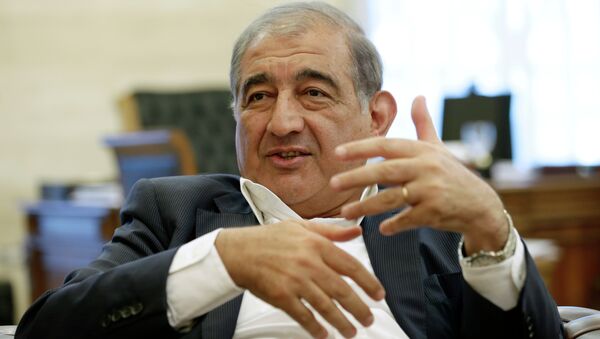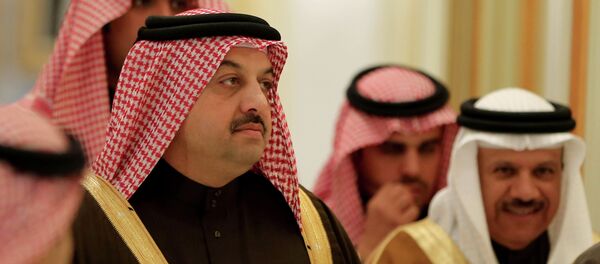"The US' true plan for the Middle East involves setting in motion a process of a constructive chaos while supporting local wars and conflicts," Jamil said, adding that Washington's real intentions are to "pose obstacles for Russia and China in order to protect dollar's hegemony."
The politician participated in recent intra-Syrian talks hosted by Moscow, involving government officials and opposition party representatives.
"Russia is a 'tasty morsel' for Americans because of its natural resources," Jamil said, adding that the US' strategy might involve Russia's dissolution.
Jamil, who used to serve as a deputy prime minister of Syria, also stressed that Russia's special place in US foreign policy "was predetermined due to the fact that only Russian nuclear assets may be comparable to those in the United States."
The opposition representative argued that the "divide-and-rule" tactics pursued by Washington "may be implemented by bringing destabilization along with increased military presence closer to Russia's borders."
Last week, defense ministers of NATO member states agreed to set up six new command and control centers in Bulgaria, Estonia, Latvia, Lithuania, Poland and Romania and more than double the size of its response force to 30,000.
NATO's growing presence along Russia's western border in Eastern Europe has been the subject of growing concerns by Moscow, which accused the bloc of stirring geopolitical tensions.



